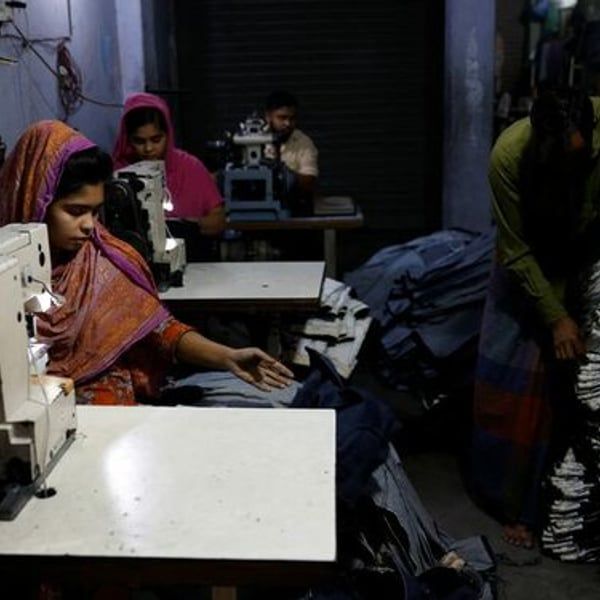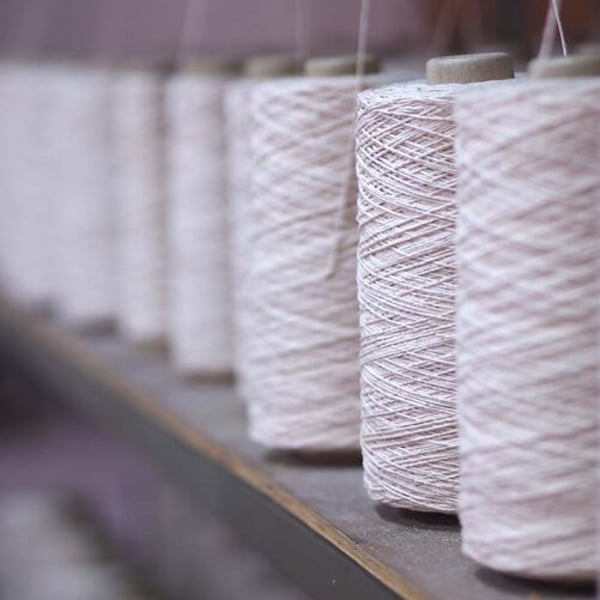By
Reuters
Published
December 9, 2024
Workers at some of the world's largest garment manufacturing hubs in Bangladesh, Vietnam and Pakistan are increasingly exposed to extreme heat as climate change raises temperatures, a report found Sunday, a problem which multinational retailers and brands will have to help address.
New EU regulations make retailers selling in the bloc, such as Inditex, H&M and Nike, legally responsible for the conditions of their suppliers, putting pressure on them to help finance improvements to the refrigeration factories they own. they supply
In Dhaka, Hanoi, Ho Chi Minh City, Phnom Penh and Karachi, the number of days with “wet bulb” temperatures – a measure that takes into account both air temperature and humidity – above 30.5 degrees Celsius increased 42% in 2020. 2024 compared to 2005-2009, researchers at Cornell University's Global Labor Institute found.
Above that threshold, the International Labor Organization recommends both rest and work in a given hour to maintain safe core body temperature levels.
The report identified only three retailers (Nike, Levi's and VF Corp) that specifically include protocols to protect workers from heat exhaustion in their supplier codes of conduct.
“We've been talking to brands for years about this issue, and they're only now starting to pay attention to it,” Jason Judd, executive director of the Global Labor Institute at Cornell University, told Reuters.
“If a brand or retailer knows that temperatures in a production area are excessively high or damaging to workers' health, then they are required, under this new set of rules, to do something about it,” he added.
The EU Corporate Sustainability Due Diligence Directive came into force in July and will begin to apply to large companies from mid-2027.
Solutions to cooling factories could include better ventilation systems and water evaporative cooling, rather than expensive, energy-intensive air conditioning that would increase manufacturers' carbon emissions.
Some factory owners would probably be willing to make those investments themselves, given the significant impact heat stress has on productivity, Judd said, but the EU rules highlight the responsibility of brands to address the issue as well.
The report also urges retailers and brands to invest in higher wages and health protections so workers can manage the risk of losing work days due to heat waves.
Extreme heat and flooding could erase $65 billion in garment export revenue from Bangladesh, Cambodia, Pakistan and Vietnam by 2030, research by asset manager Schroders and the Global Labor Institute found last year.
© Thomson Reuters 2024 All rights reserved.












